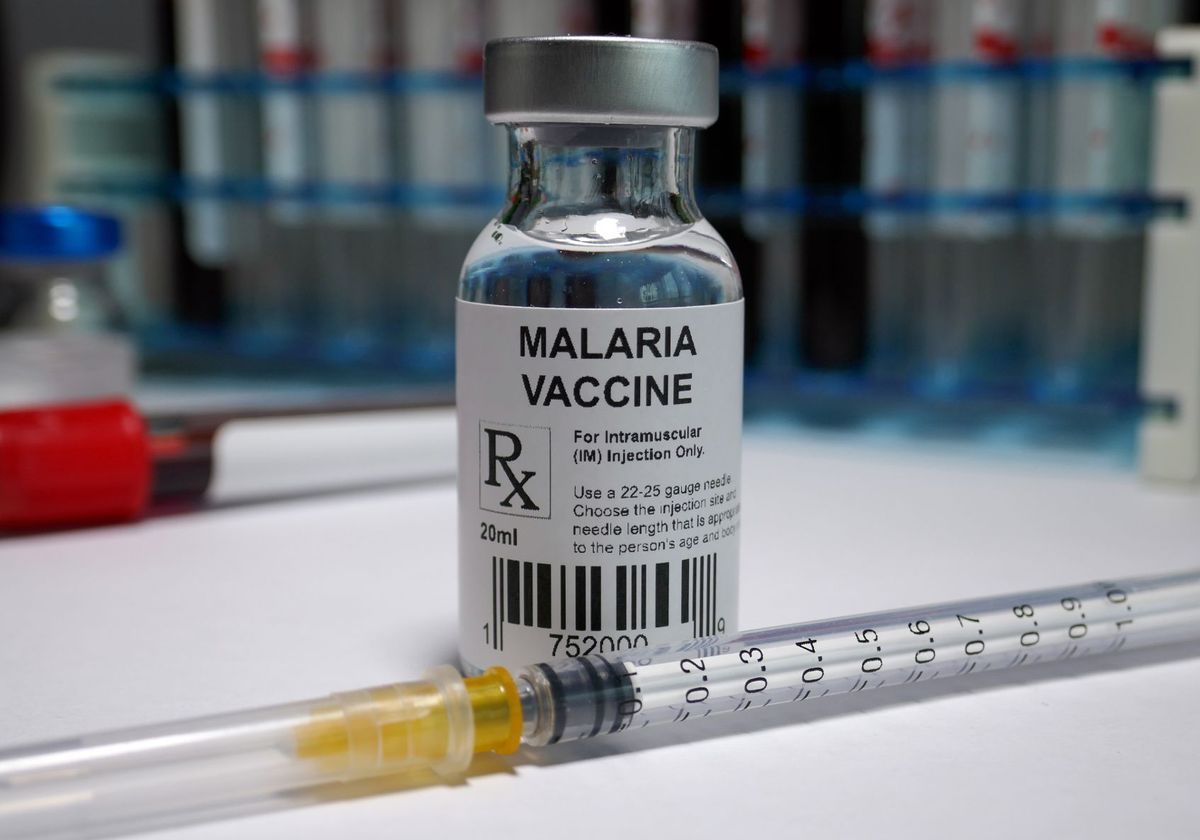Ghana became the first country on Thursday to approve a new malaria vaccine for young children, which officials hope will provide improved protection against the disease, which kills hundreds of thousands each year.
The vaccine is being reviewed by the World Health Organisation, and the final results of late-stage trials have not yet been released. Preliminary results from early testing of the new vaccine, created at the University of Oxford, indicate that it is significantly more effective than the sole malaria vaccine currently approved for use by the WHO.
Late-stage testing of the vaccine still is underway in Burkina Faso, Kenya, Mali and Tanzania, with results expected later this year.
Results from an earlier trial released last year showed that in children vaccinated in Burkina Faso, the vaccine was up to 80% effective depending how much of an immune-boosting ingredient was included in the shots.
The WHO has already rolled out a pilot program of the world’s first authorized malaria vaccine, piloted in three African countries, including Ghana, Kenya and Malawi. But that vaccine, sold by GlaxoSmithKline as Mosquirix, is about 30% effective.
That vaccine “is saving lives” in the three pilot countries and has been delivered to over 1.4 million kids, according to Tarik Jasarevic, a WHO spokesman.
Jasarevic said its advisory panel on malaria vaccines is reviewing available information on the new vaccine but is waiting for more data about its safety and efficacy from ongoing trials. “Initial results appear promising,” he wrote in an email.
“We would welcome a second malaria vaccine that is safe and efficacious and approved by WHO to complement the roll-out of the first malaria vaccine,” he said.
It’s not clear how soon the new vaccine will be available. Ghana’s Food and Drug Authority approved its use for children ages 5 months to 36 months, the group at highest risk of death from malaria, its developers said in a statement.
Once the new Oxford vaccine is in use, Ghanaian health officials will weigh the “pros and cons before making a final decision” on which one is more effective, said Kwame Amponsa-Achiano the head of Ghana’s immunization program. Ghana is currently using the WHO-approved vaccine.











More Stories
Norway Chess: नॉर्वे शतरंज टूर्नामेंट में विश्व चैंपियन गुकेश ने कार्लसन को हराया, पिछली हार का भी लिया बदला
Bengaluru Couple Bows to Auto Driver After Viral Incident
Ishaan Khatter makes fans scream as he pulls off butter smooth dance moves at Miss World 2025: Watch